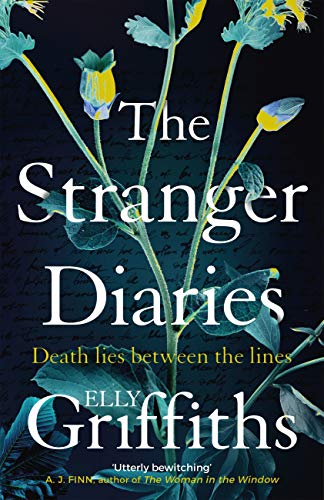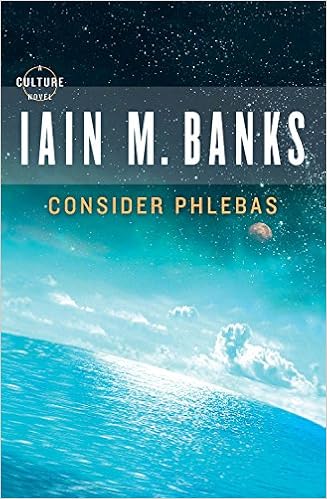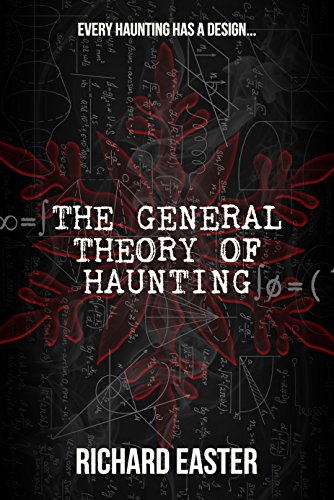‘Diaries don’t tell you what people think. Just what they think they think.' [loc. 2556]
I've been reading and enjoying Griffiths' Ruth Galloway books (most recently The Chalk Pit) for years, so was keen to read this standalone novel, set in West Sussex rather than North Norfolk: thanks to NetGalley for the review copy of The Stranger Diaries, in exchange for this honest review!
The Stranger Diaries is a Gothic thriller with three first-person narrators: schoolteacher Clare, whose friend Ella has been found dead; Detective Sergeant Harbinder Kaur, who (together with her partner DS Neil Winston) is investigating Ella's death; and Georgia, Clare's teenage daughter, who has quite a few secrets of her own, and doesn't share them all on social media.
Clare Cassidy is a divorcee who's moved to Sussex to start a new life with her daughter Georgia. Clare teaches English and creative writing at Talgarth High, formerly the home of Victorian ghost-story writer R. M. Holland, a figure who has fascinated Clare since she read his short story 'The Stranger' in her teens. She's working on a book about Holland, and wondering whether the school is really haunted by the ghost of his wife -- or his daughter, if she even existed -- when her comfortable life is interrupted by the death of her friend and colleague Ella. Someone (the killer?) had left a note by Ella's body: 'Hell is empty': not just a quotation from The Tempest, but also a line from Holland's 'The Stranger'. And then Clare begins to find notes in her private diary, in a handwriting she doesn't recognise...
This is a well-paced and twisty murder mystery with a feast of red herrings. The male characters are, on the whole, unsympathetic: Clare's ex-husband Simon is brusque and unreliable, Georgia's friend Patrick prone to dramatics, DS Winston ineffectual, Clare's head of department Rick an unscrupulous adulterer. In contrast, the female narrators have distinctive voices and intriguingly varied perspectives on the situation.
And there are diaries throughout: R. M. Holland's diary, much studied by Clare; the diaries that Clare keeps ('like the heroine of a nineteenth-century novel', says Harbinder disparagingly); Georgia's carefully-polished entries on the site MySecretDiary. ('I can’t imagine how it must feel to write your diary by hand, knowing that you only have one chance to express yourself, that the ink is on the paper for ever,' she muses.) The thing with diaries, of course, is that you can never be entirely sure that nobody else is reading them. Or that you've told the truth to yourself.
There were a couple of points, especially regarding standard police practice, where my sense of disbelief fell flat: but on the whole The Stranger Diaries is an excellent read, full of autumnal atmosphere and hints of the supernatural, and threading the text of R. M. Holland's (imaginary) story 'The Stranger' through the gathering menace of the contemporary plot.













